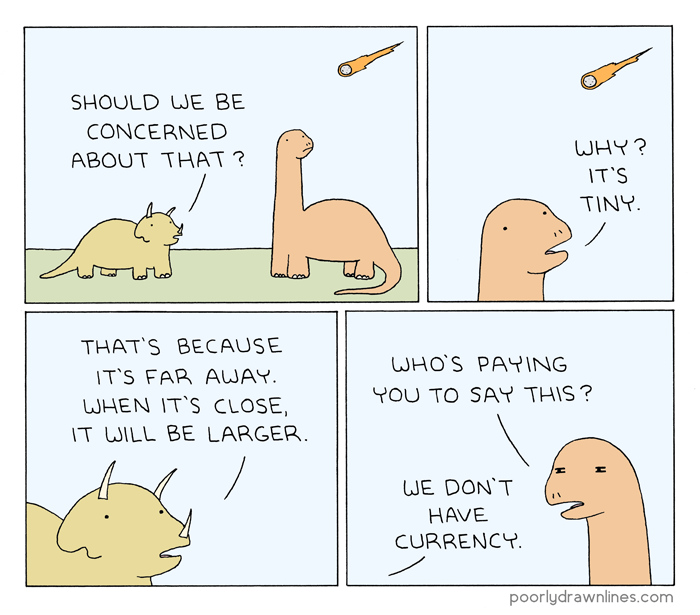Sustainability
Anthropocene not heard
April 15, 2011 — May 15, 2017
Suspiciously similar content
I have an interest in using my studies to answer questions about sustainability.
1 Actually ecomodernism
A spicier word is ecomodernism
2 “Sustainability” is a suitcase word
Hopelessly compromised, almost without meaning. Show me a word from the social sciences that isn’t. For now, I’m happy to ignore concepts such as what one wishes to sustain, and how, and what sustainability even means, so that I can have a one-word heading under which I can consider how human beings can avoid having a really unpleasant time as they encounter biophysical resource constraints and ecological surprise events.
4 Macroeconomics and large-scale economic transitions
Costing large-scale economic transitions is an interesting problem, and it crops up a lot in economic modeling. (Citation needed)
5 Backcast
Looking ahead at the next thousand years… presume for a moment that intelligent life exists here for a long interval, say a thousand years. On that supposition, we know that time will be dominated by life that does not exhaust its resource base and collapse in devastation; life that does not wipe itself out in nuclear, biological or nanotech wars; at least, not in the mean. Civilisations that, on the mean, over time, live within the constraints of their environment. So, in the supposition of continued existence, civilisations with at least a degree of restraint must come to dominate. So, my question is, how can we reach a civilisation that is good at avoiding its own destruction with minimal pain and despair to my peers on this earth which we share?
That is, ignoring for the moment the question of whether we are on any trajectories that might conceivably blast earth back down to a barren rock devoid of life… Avoiding that scenario, we are headed for a civilisation that manages to confine its disasters to the tragic but keeps them short of the apocalyptic. Getting there could be very, very unpleasant. We could blast ourselves back to the paleolithic, or at least the dark ages. We could constrain ourselves to perpetual flowering and collapse. Or attain a hyper-efficient technological civilisation less confined by mineralogical inputs. Or aestivate until the heat death of the universe. Or some other unknown possibilities. The question is: How do we get there? That first step on our future trajectory matters a great deal to all of us living; if our learning to live within our constraint is the panicked response to global-scale calamity, it makes much difference to us.
So this is what I think about when thinking of sustainability; What are future configurations for our civilisation? How can the human cost of getting to them be minimised?
6 Food
See efficient food.
7 Power
See power generation.
